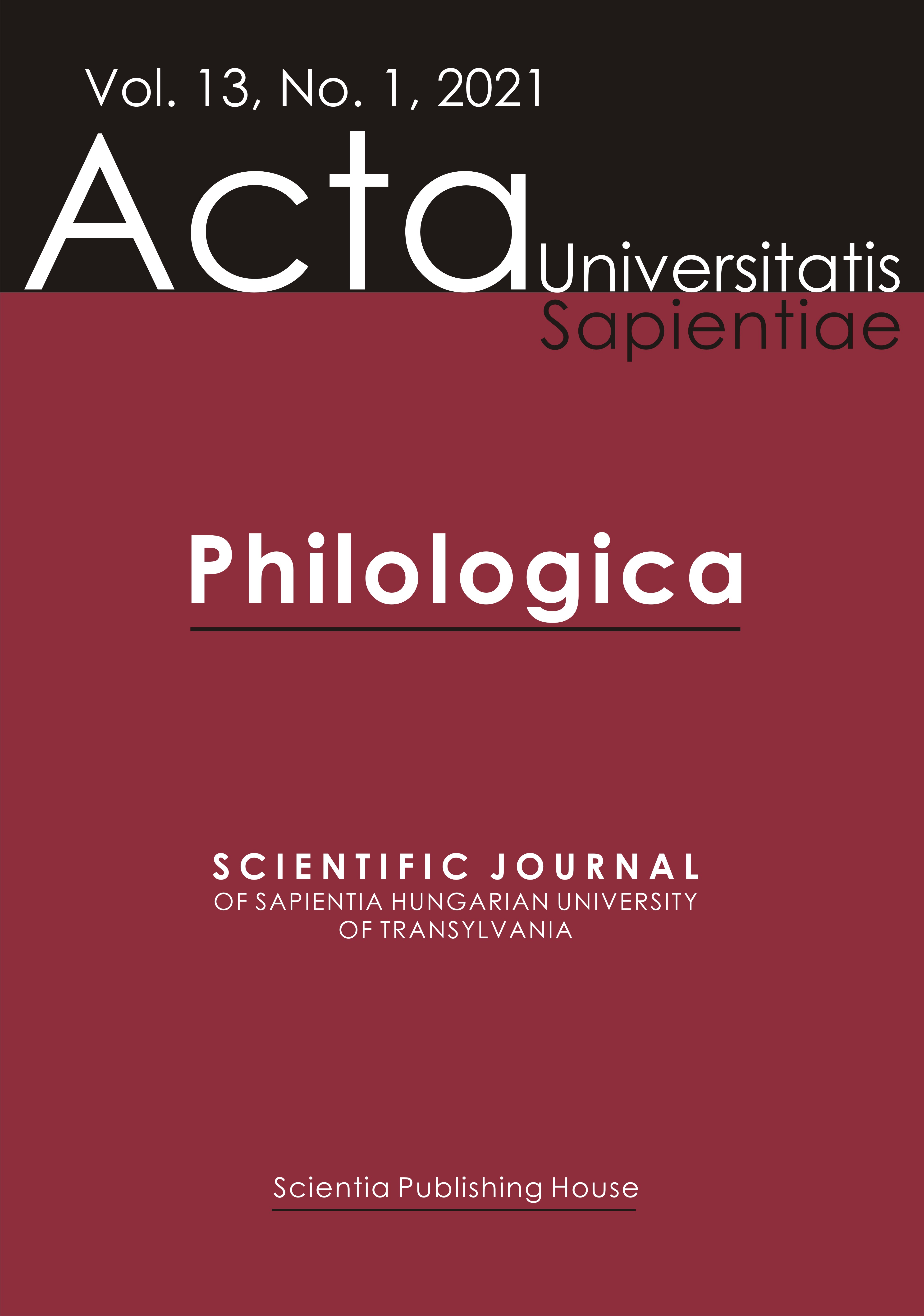Change, Crisis, Perspective, and Identity in Two Novels by Rózsa Ignácz
Change, Crisis, Perspective, and Identity in Two Novels by Rózsa Ignácz
Author(s): Erzsébet DaniSubject(s): Hungarian Literature
Published by: Scientia Kiadó
Keywords: crisis; identity; native language; Rózsa Ignácz; Hungarian minority;
Summary/Abstract: For Hungarians who remained stuck beyond the borders after WWI, finding themselves in a foreign country from one day to the next, the historical trauma of the Trianon Treaty occasioned intercultural tribulations never experienced before. What the resulting Transylvanian literature discussed here is concerned with, however, is not what Jeffrey C. Alexander’s cultural trauma theory calls “the trauma process”, “the spiral of signification” (Alexander 2004, 11). Rather, it is concerned with “the indelible marks” “the horrendous event” left “upon group consciousness […] changing their future identity in fundamental and irrevocable ways” (Alexander 2004, 1). This literature displays a rich array of the management strategies of minority identity. Earlier I devoted a book to the identity types that ensued from those strategies (Dani 2016a). The present work is based on that monograph and moves on. This time I wish to focus on the key figures of two Rózsa Ignácz novels (Anyanyelve magyar and Született Moldovában) to demonstrate the complex identity patterns that an erosion of minority native language and culture, so destructive to identity, yields. The road that the Hungarian minority travels leads through a succession of active and reactive changes, crises, and modifications of perspective in the maze of minority versus hegemonic intercultural relations.
Journal: Acta Universitatis Sapientiae, Philologica
- Issue Year: 13/2021
- Issue No: 1
- Page Range: 89-104
- Page Count: 16
- Language: English

